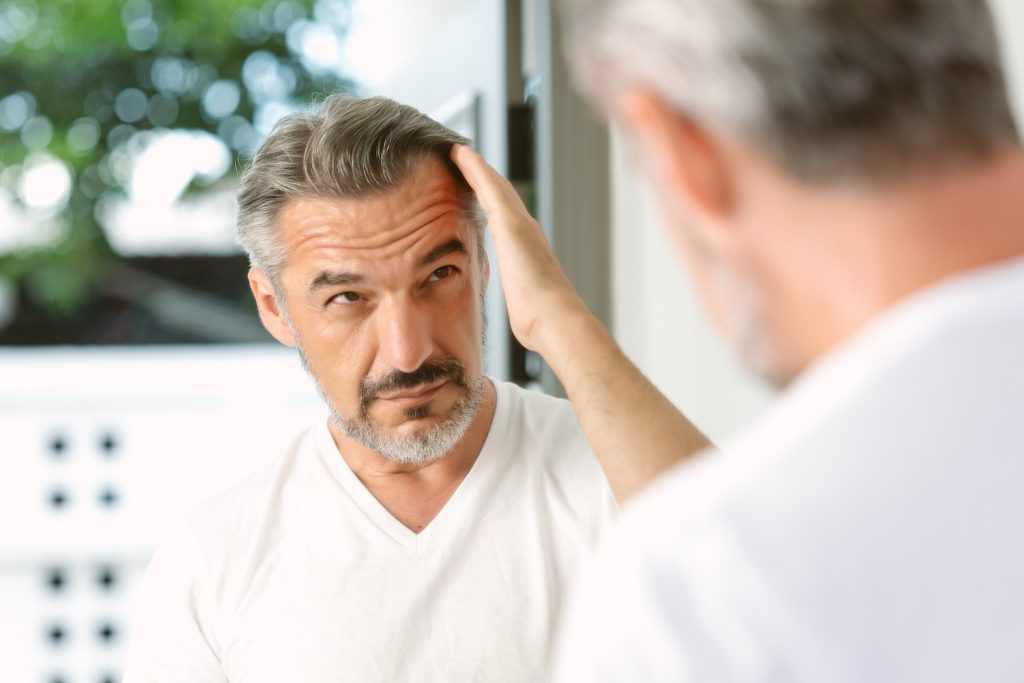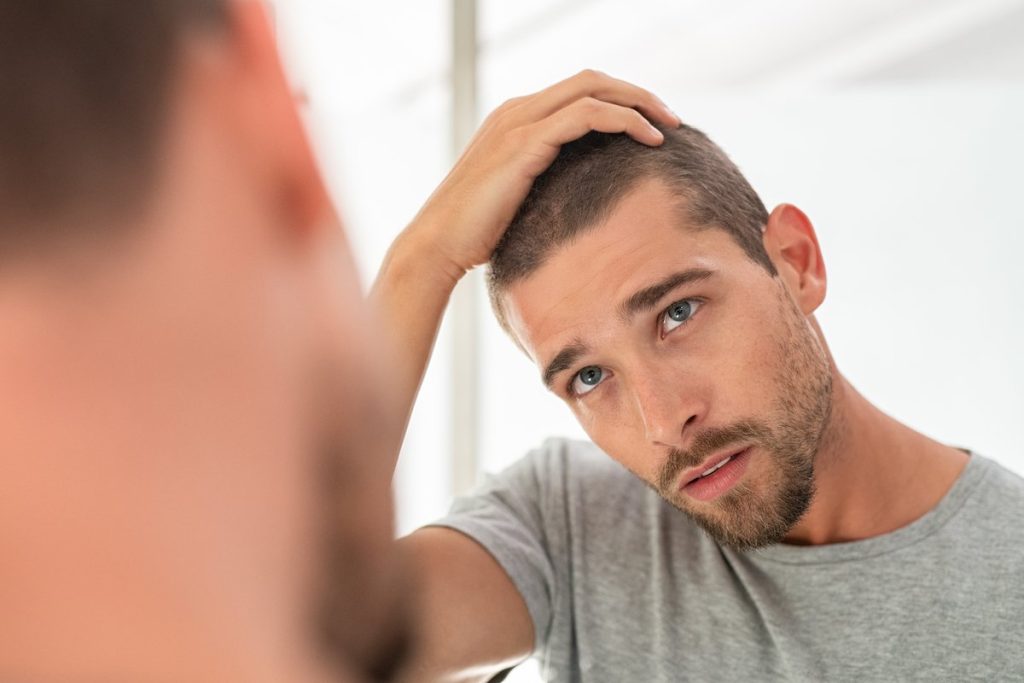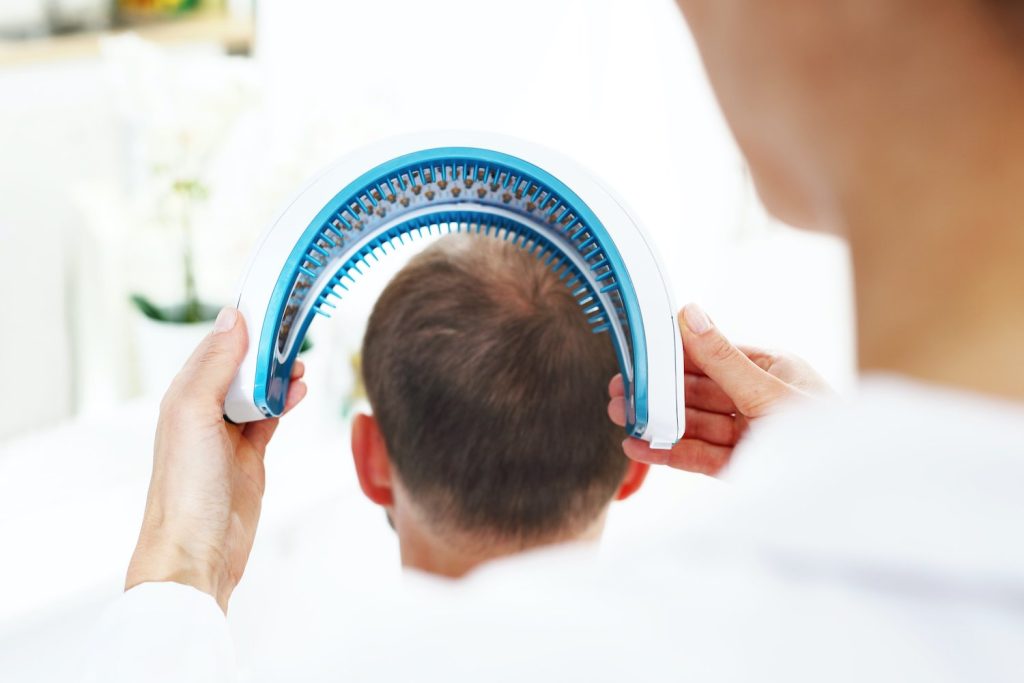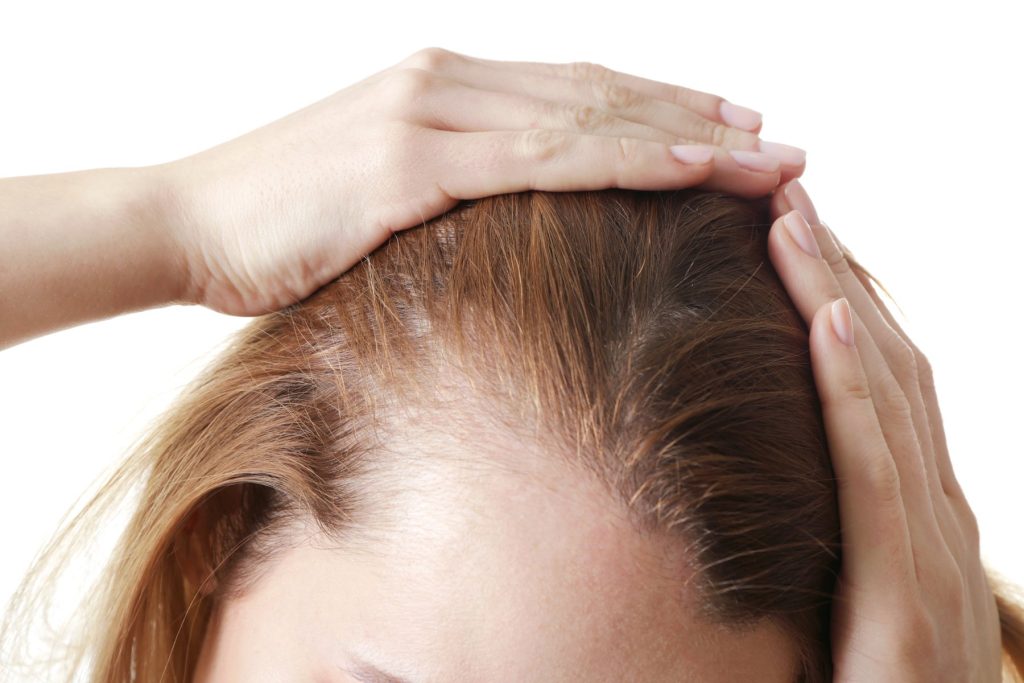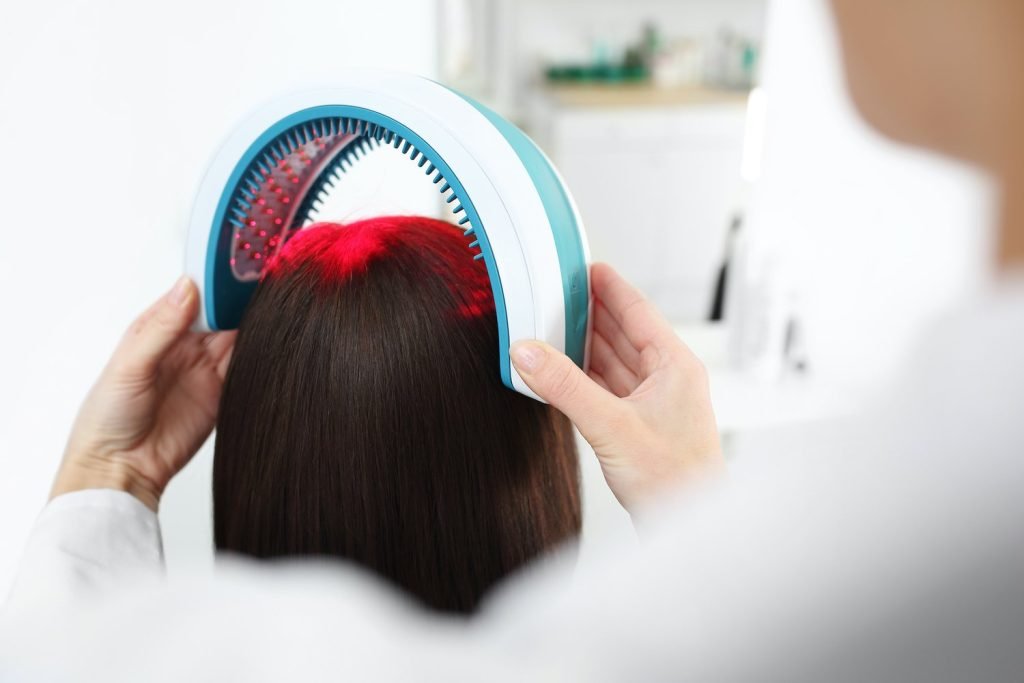- Hairline Clinic - Hair Loss Treatment in Akron and Cleveland Ohio - Schedule FREE Consultation
- 330.633.5225
- CONTACT US
Autoimmune Diseases that Cause Hair Loss
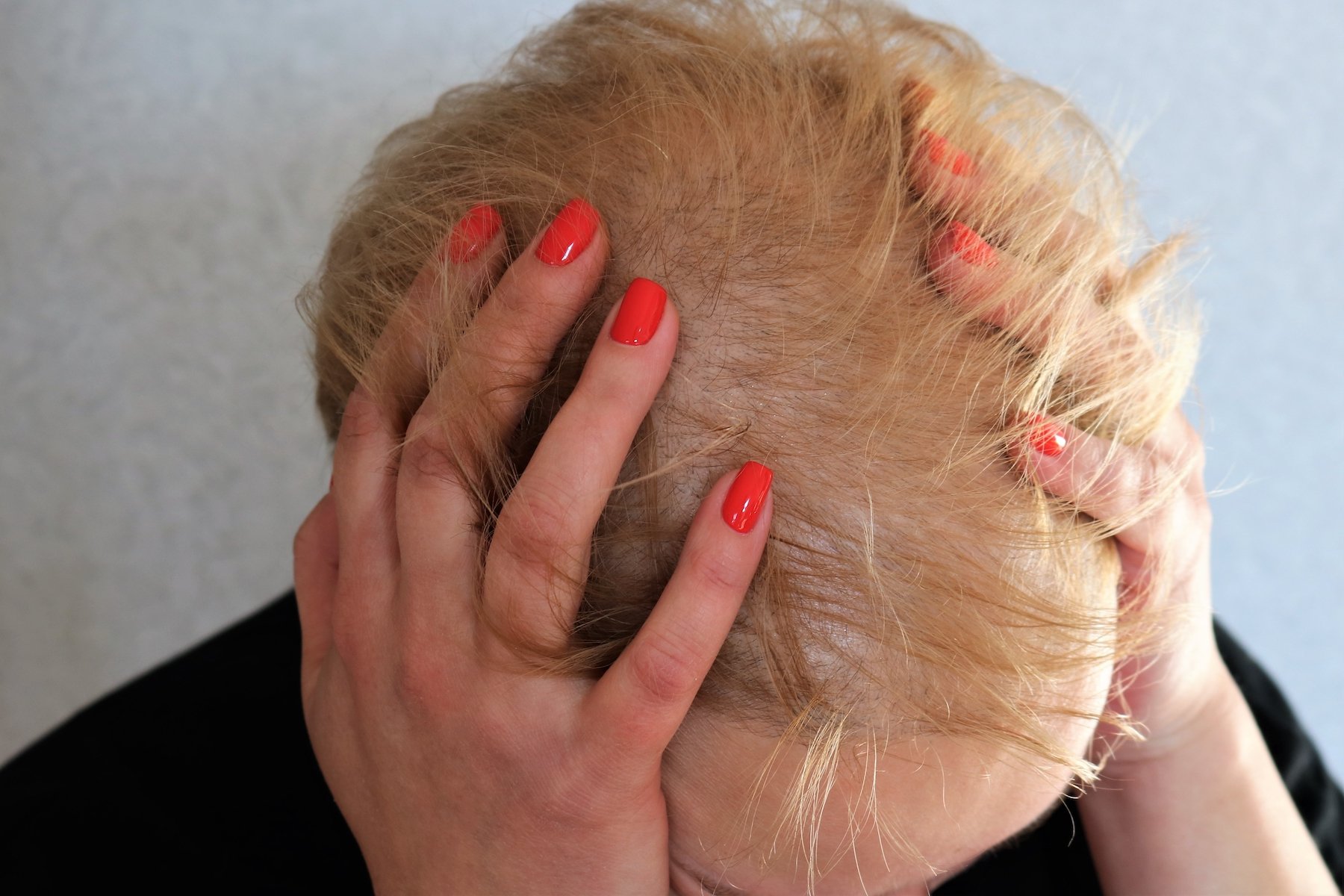
The causes of alopecia areata, and other autoimmune diseases, is a mystery. But a few answers are emerging – including how to sometimes restore hair growth if you lose your hair.
Autoimmune diseases have many physical manifestations, including hair loss. To understand the scope and implications of this, it helps to know some important facts on the topic:
- About 23.5 million Americans suffer from autoimmune conditions, which includes alopecia outside of standard male pattern baldness: alopecia areata (hair loss in patches), alopecia totalis (complete hair loss on scalp, eyebrows, and eyelashes), and alopecia universalis (head-to-toe loss of hair).
- About 80% of people suffering from autoimmune diseases are women. The reasons for this gender differential are unclear but are theorized (without definitive data to support it) to be due to hormones women have related to childbearing.
- The reasons for hair loss from an autoimmune diseases vary; in some cases it is a direct effect of the disease attacking hair follicles, in other cases it might be a secondary effect from skin inflammation that in turn damages hair follicles at the roots. Another possibility is that the patient with an autoimmune disease suffers from psychological stress, which itself can lead to hair loss.
So, what are these autoimmune diseases? And can they be prevented, or, cured – and will hair lost to the disease come back? Are there hair loss treatments for women with alopecia?
Some answers:
Autoimmune diseases most associated with hair loss are Lupus, Hashimotos’s disease, psoriasis, Grave’s disease (which affects the thyroid), and Crohn’s Disease (ulcerative colitis). Alpecia areata is both a disease and a symptom, very specifically where the immune system directly attacks hair follicles (i.e., it is not a secondary effect).
What’s preventable: Many autoimmune diseases, including alopecia areata, are genetic in nature. In fact, it’s clear alopecia areata runs in families. But there is also evidence to suggest it may be a combination of genetic predisposition and an infectious agent (virus or bacteria) that can trigger an autoimmune response. For example, a strep throat is a common precursor to the appearance of psoriasis. In all cases of autoimmune conditions, it’s a matter of the body’s immune system trying to fight off something and, errantly, fighting something that is otherwise beneficial.
As for prevention of autoimmune conditions, that remains an elusive goal for the time being. The National Institutes of Health says that research focuses in on three factors that can reduce the extent and impact of autoimmune conditions in the future: identify genetic patterns of susceptibility; identify environmental influences; and develop interventions and screening programs to mitigate their incidence. This should offer hope for the future to anyone who has endured hair loss from an autoimmune condition.
Cures – and will the hair come back? In some conditions, hair loss is a secondary effect of an autoimmune disease. This can be simply that the body directs nutrients to affected areas and hair consequently gets shortchanged (similar to what happens in situations of extreme dieting and starvation). With conditions such as Lupus, where the disease rises and contracts in severity, the hair might grow back in a remission phase. With alopecia areata, use of corticosteroids and minoxidil can sometimes restore hair growth. A hair loss treatment clinic that has an expertise in treating alopecia should be consulted.
Patients experiencing “long Covid” – residual, lingering symptoms of infection arising from the novel coronavirus – are being studied because those symptoms resemble autoimmune diseases. One possible positive outcome of the global pandemic might be a greater understanding of genetics and infectious pathogens – leading to better treatments and, perhaps, less hair loss as well.
We provide solutions for men and women suffering from hair loss due to autoimmune disease at our hair loss treatment clinics in Cleveland and Akron Ohio.
If you are a man or woman suffering from hair loss due to autoimmune disease, we provide industry-leading, individualized hair loss treatments and hair loss solutions in Cleveland and Akron, OH. Schedule a FREE confidential consultation and evaluation at our Akron Hair Loss Treatment Clinic or our Cleveland Hair Loss Treatment Clinic by calling 330.633.5225 today!
Hair Loss Treatments
Men's Hair Loss Solutions
Women's Hair Loss Solutions
Men's Hair Loss Solutions
Ready for change? Call our hair loss experts at (330) 633-5225 to schedule a FREE appointment.
HairLine Clinic is an industry leader providing individualized hair loss treatments to men and women experiencing hair loss in Akron and Cleveland, Ohio.


